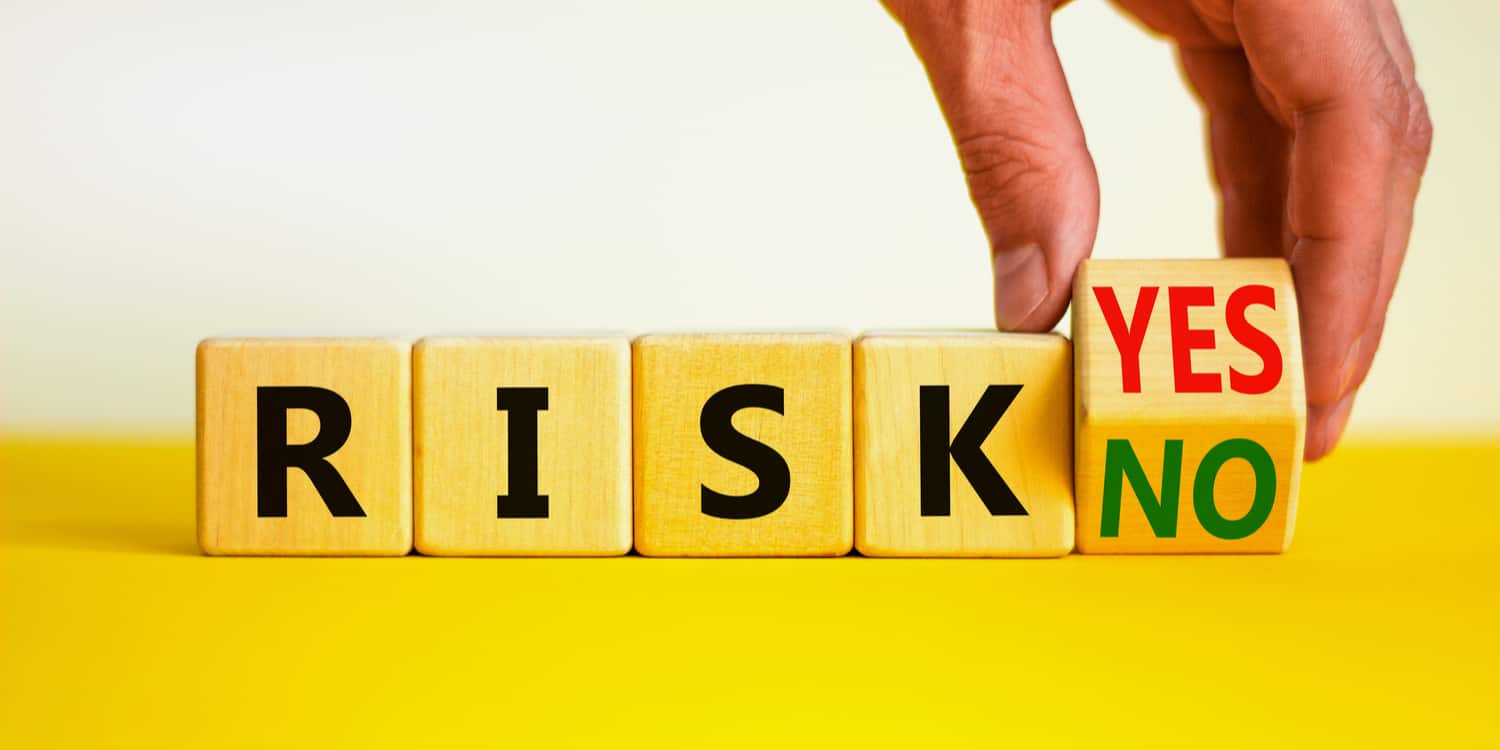Table of Contents
A limited company fails when it doesn’t have enough cash to cover its bills, or its liabilities exceed the value of its assets. When one of these situations arises, the business is considered insolvent. Consequently, the owners and directors of the company may lose money, but their personal liability is normally limited to:
- the nominal value of their shares (what they paid, or are due to pay, for their shares)
- any personal guarantees made to the company
- other money they’ve already put into the business
The consequences of any remaining company debt or legal claims against the business fall on the company itself, because it is a legal entity that exists independently of its owner(s).
This ‘limited liability’ protection acts as a financial shield and it is one of the advantages of setting up a limited company.
Circumstances when you can be held personally liable
Under certain circumstances, however, you can be held personally responsible for company debts beyond the limit of your liability. This will happen if you:
1. Provide a personal guarantee for a company loan
A personal guarantee is a legal promise to repay a loan if the business defaults and is unable to meet loan repayments itself. Whilst this poses a risk, it’s common for finance providers to ask for a personal guarantee when a company is new or small or doesn’t have a credit record.
In this situation, the responsibility of repaying the company loan would fall to you if your business became insolvent. If you fail to make repayments, your home, and other personal assets may be at risk.
2. Provide your home as security for a business loan
As a form of extra security, lenders often require a charge on property when providing a company loan. If you use your home or other high-value assets (e.g., land, machinery, vehicles) as security for a company loan, these personal possessions are at risk if the company goes bust.
Whilst secured loans tend to offer larger amounts, lower interest rates, and longer repayment periods, the lender can sell the personal asset(s) used as security if the company is unable to repay the loan.
3. Owe money to the company
It is common for directors to borrow money from their company or lend money to their company in the form of a director’s loan. If your director’s loan account is in credit (i.e., the company owes you money) and the company becomes insolvent, you will likely lose that money.
Conversely, if your director’s loan account is overdrawn (i.e., you owe money to the company) and the company goes bust, the money you owe becomes an asset that needs to be recovered. Therefore, the liquidator or administrator working on behalf of the company’s creditors will consider you a debtor and pursue this money.
4. Are found guilty of trading offences
If your company becomes insolvent and enters into liquidation, the liquidator will investigate your conduct as a director in the lead up to insolvency. Wrongful trading and fraudulent trading are two types of trading offences that a director can be found guilty of.
Examples of trading offences relating to the liquidation process include:
- failing to put creditors’ interests first
- continuing to trade when you know that the company is insolvent
- demonstrating negligence by failing to realise the company’s financial position
- continuing to accept lines of credit from your suppliers
- accepting payment from customers whilst knowing that orders won’t be fulfilled
- showing preference to certain creditors over others
- providing inaccurate information or giving misleading statements for the purpose of obtaining a loan or raising finance
If it’s determined that wrongful or fraudulent trading has taken place, you could face serious consequences under the Companies Act 2006 and the Insolvency Act 1986. These range in severity from director disqualification and large fines to criminal prosecution, a prison sentence, and personal liability for company debts.
5. Dispose of (sell) company assets below market value
In certain instances, a liquidator can insist that you repay any money made from the sale of company assets when the company was going into liquidation. This can happen if the liquidator believes that you deliberately disposed of assets for less than they’re worth, in an attempt to defraud creditors.
What to do if your company becomes insolvent
If your limited company cannot pay its bills or has liabilities outweighing its assets, you must seek professional advice immediately. As the director of an insolvent company, your legal responsibilities change significantly, so it’s vital that you understand the rules.
In most cases, company owners and directors don’t lose their homes or other personal assets when a company fails. This is on account of limited liability protection. However, as we’ve discussed above, it is possible in some situations. So, always act with caution to avoid making yourself vulnerable and personally liable for company debts.









